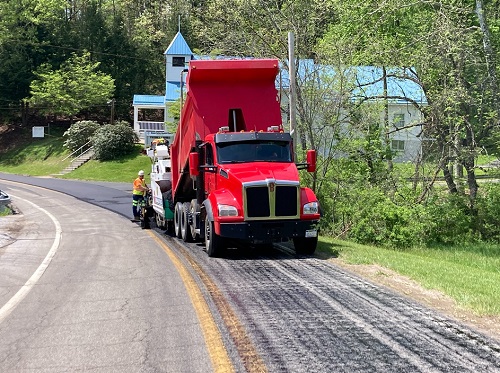On May 13, the American Association of State Highway and Transportation Officials sent a letter to the Federal Highway Administration expressing concern regarding the implementation of new “Buy America” rules governing the sourcing of infrastructure project materials and related goods.
[Above photo by WVDOT]
The letter stems from a notice of proposed rulemaking FHWA issued in March that seeks to discontinue its general waiver of “Buy America” requirements for manufactured products used in federally funded highway projects.
FHWA said its rulemaking specifically seeks to eliminate the 40-year-old “Manufactured Products General Waiver” in order to maximize the use of domestically produced materials in the construction of U.S. highways and bridges that receive federal funding.
The agency’s rulemaking also proposes to create standards that would apply to manufactured products if the waiver is discontinued.
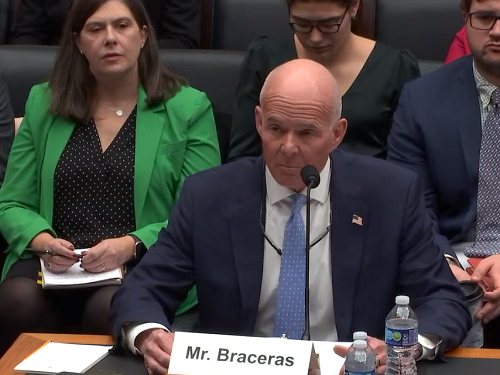
[Editor’s note: The House of Representatives Committee on Transportation and Infrastructure held a hearing on February 15 to elicit the perspectives of transportation stakeholders on the implementation of the new “Buy America” provisions.]
AASHTO noted in its letter that FHWA maintained in a 2013 finding that a “Buy America” waiver for manufactured products does not have any significant impact on American manufacturing since manufactured products comprise a small percentage of the highway construction program.
In addition, the highway industry represents too small of a market for many of the manufacturers to incentivize changes in their business models towards “Buy America” compliance, the group noted.
“AASHTO believes this reasoning still applies and supports the continuation of the nationwide general applicability waiver of ‘Buy America’ requirements for manufactured products,” the letter emphasized.
“State DOTs use a broad range of manufactured products on their projects supported by the federal-aid highway program, many of which are not – or have significant components which are not – readily available domestically, including such products as traffic signals, cameras, luminaires, controllers, cabinets, changeable message signs, and traffic management system components,” it said.
[Editor’s note: In a separate letter, AASHTO laid out in detail what specific product categories will suffer supply disruptions if they are required to exclusively come from a domestic source as demanded by the new “Buy America” rules.]
AASHTO noted that, without the continuation of the current general applicability waiver of “Buy America” requirements for manufactured products, the ability of states to carry out the federal-aid highway program will likely be impacted by project delays; ones that could affect the safety of the traveling public and the operation of America’s road and highway system.
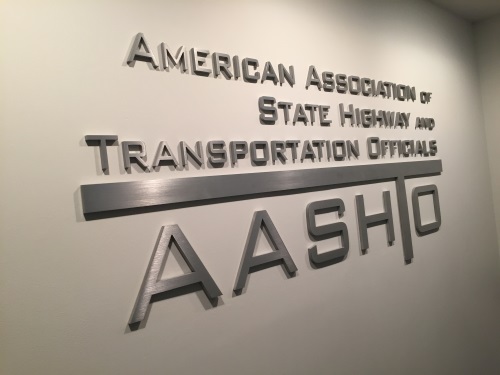
“State DOTs also foresee significant challenges with tracking and documenting compliance with any new manufactured products requirements that would outweigh the potential benefits to American industry,” AASHTO added.
“Administration of additional ‘Buy America’ requirements places further constraints on already limited state resources, including additional owner and contractor staff time to collect and evaluate documentation to verify the percent domestic content of numerous and widely varied manufactured products,” the group said.
In addition, from the manufacturing side, the organization said “consistency” in the implementation of requirements across such a broad cross-section of products “will be challenging,” creating additional burdens on the private sector manufacturers and suppliers of these products.
“That is why AASHTO and its members believe that with a transition period of at least five years, the manufactured products waiver could be reviewed again for rescission based on domestic manufacturing capacity at that point,” the letter stressed.
“We firmly believe that a rescission [of the ‘Buy America’ waiver] should take place only after suppliers can demonstrate the ability to provide manufactured products produced domestically in large enough quantities to create a competitive marketplace,” the group pointed out.
“Development of a timeline for rescission of the general applicability waiver should only result after robust public involvement and industry research involving state DOTs, heavy highway contractors, and industries,” AASHTO added. “If the proposed rule is finalized, a mid-to-long term phased transition period with a comprehensive set of targeted waivers will be necessary.”
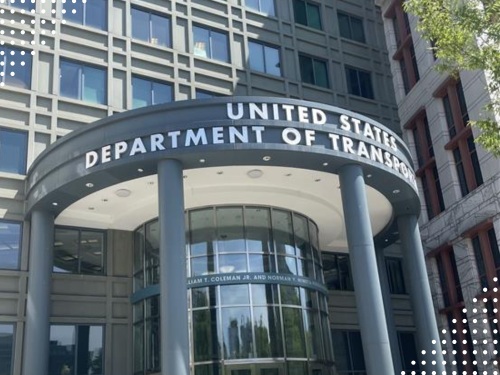 Top Stories
Top Stories
USDOT Makes $1.5B Worth of BUILD Grants Available
December 19, 2025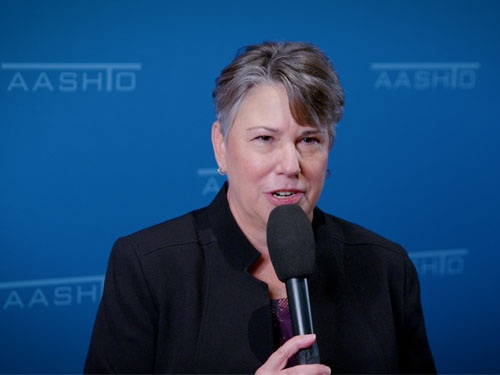 Top Stories
Top Stories
